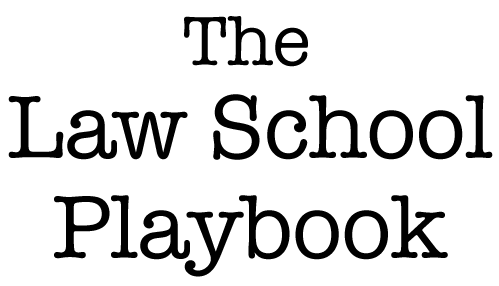During coaching sessions, students often update me on the status of their outlines. Some confess that they are behind, and others (happily) report that they are up to date. Almost all students have a target date by which they plan to complete their outlines (typically reading week).
Often underlying these discussions is the belief that an outline is static document, i.e., once a student completes a particular topic, such as “battery” or the “dying declaration hearsay exception,” that section is complete and will remain unchanged. Under this belief, changes to the outline occur only through additions when a new topic is completed in the course.
This overlooks the important interplay of practice questions and outlines. I think of them as a dynamic duo, like peanut butter to jelly and cream cheese to bagels. Sure, they are adequate on their own, but they are much better together. Completing practice questions (or using the testing effect in any way) triggers your knowledge or understanding of a subject. You should then do what I call the “back-end work” of using your outline to determine the adequacy of your answers. In doing so, a strange thing often happens: you realize that a particular section of your outline doesn’t make sense or that it is missing rules, sub-rules, exceptions, or examples. In other words, doing the practice questions sometimes reveals a weakness in your outline and, consequently, your understanding.
So what do you do? Don’t hang your head that you fell short of perfect. That is a fixed mindset and, in any event, there is no such thing as a “perfect” outline. Instead, celebrate the fact that you discovered a weakness before you entered the exam room! After all, the weakness can and should be fixed. As George Bernard Shaw said, “[p]rogress is impossible without change…” This is certainly applicable to your outlines. You must continually change the substance in response to weaknesses discovered through self-testing. This ensures your outlines will be the best study tools they can be—ones that are uniquely tailored to your understanding.
